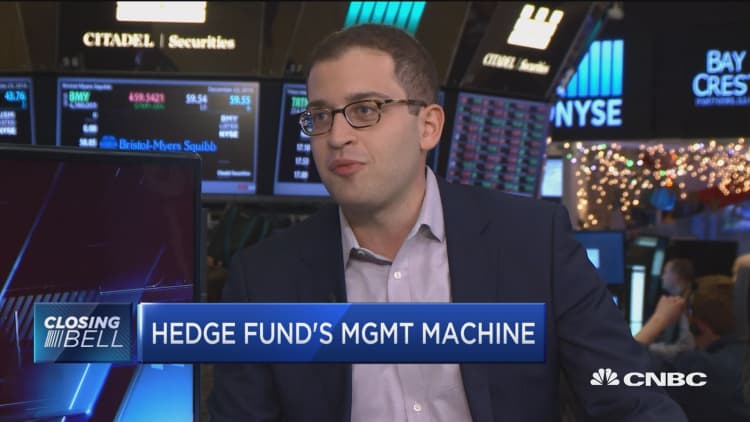Artificial intelligence is well on the way to powering everyday functions and devices, and transforming how society lives.
Now, a Boston-based start-up is trying to conquer the next frontier of machine learning — by making a range of products even smarter and more autonomous.
Neurala, which recently raised a whopping $14 million in funding, is a software company looking to bring the AI phenomenon to consumer devices and influence how they operate in real time. According to the company, Neurala's efforts are focused on four major markets: drones, smart cars, cameras and toys.
Founded in 2006 by Heather Ames, Anatoly Gorshechnikov and CEO Massimiliano "Max" Versace, Neurala's flagship product is the Neurala Brain, which utilizes deep learning neural networks to allow objects like drones to recognize and identify things in their environment and take the appropriate action depending on what they see.
Neurala is based on work originally developed for NASA, where the software was earmarked for "use in planetary exploration, where processing power, battery life and communications are limited," the company said recently.
Neurala Brain, which it first put to work for NASA's planetary exploration efforts, enables devices to make decisions right where they need to be made. Using proprietary software, smart products are able to process information and apply it in real time.
Toward that end, toys can eventually be trained to identify their owners, drones can make snap diagnoses of problems while in flight and security cameras can spot potential threats. The kicker is that Neurala's learning software is designed to operate on the device itself — which means it's not reliant on the internet, and doesn't transfer personal information to a third party. At least in theory, a Neurala-powered device may be less susceptible to hacking or data breaches.
"Our vision is that we developed a technology for Mars but we want to bring it down to Earth," CEO Versace told CNBC recently.

Last month, Neurala got a big vote of confidence from investors for its strategy, securing millions in series A funding from Pelion Ventures, Sherpa Capital, Motorola Ventures, 360 Capital Partners, Draper Associates Investments, SK Ventures and Idinvest Partners. The company has raised at least $16 million to date, according to Versace, and has contracts with the Air Force and Darpa.
Neurala counts two drone companies as its customers, Teal Drones and Parrot Drones, who are already using the Neurala Brain software into their drones.
Roger Matus, Neurala's vice president of marketing, explained to CNBC that the drones enabled with the Neurala Brain can be used to identify issues on windmills, power lines and solar arrays. Instead of sending an inspector out for three hours to find the problem, the drones would be able to pinpoint the damage in five minutes.
The company also has its sights trained on the booming market for self-driving cars. Neurala is partnering with a major ubiquitous automotive brand, but declined to publicly disclose the company's name.
In the toy sector, Neurala hopes to alleviate consumer concerns of playthings that can be hacked or have information stolen.
"Imagine a doll that could recognize its owner when the owner walks in the rooms and interacts and reacts, but without sending information back to a server," Matus told CNBC. "This enables toy manufacturers to do that — and to protect the privacy and security of small children."
Additionally, Neurala is working with Motorola Solutions to provide intelligence to the devices of first responders.
Neurala bears similar hallmarks of 'thinking' software being pioneered by tech giants like Google, but with one slight difference, the company's executives hastened to add. Neurala provides "a ready-to-run deep learning product," said Matus. "If you don't want to hire a Ph.D. in deep learning, then Neurala is the choice for you."

